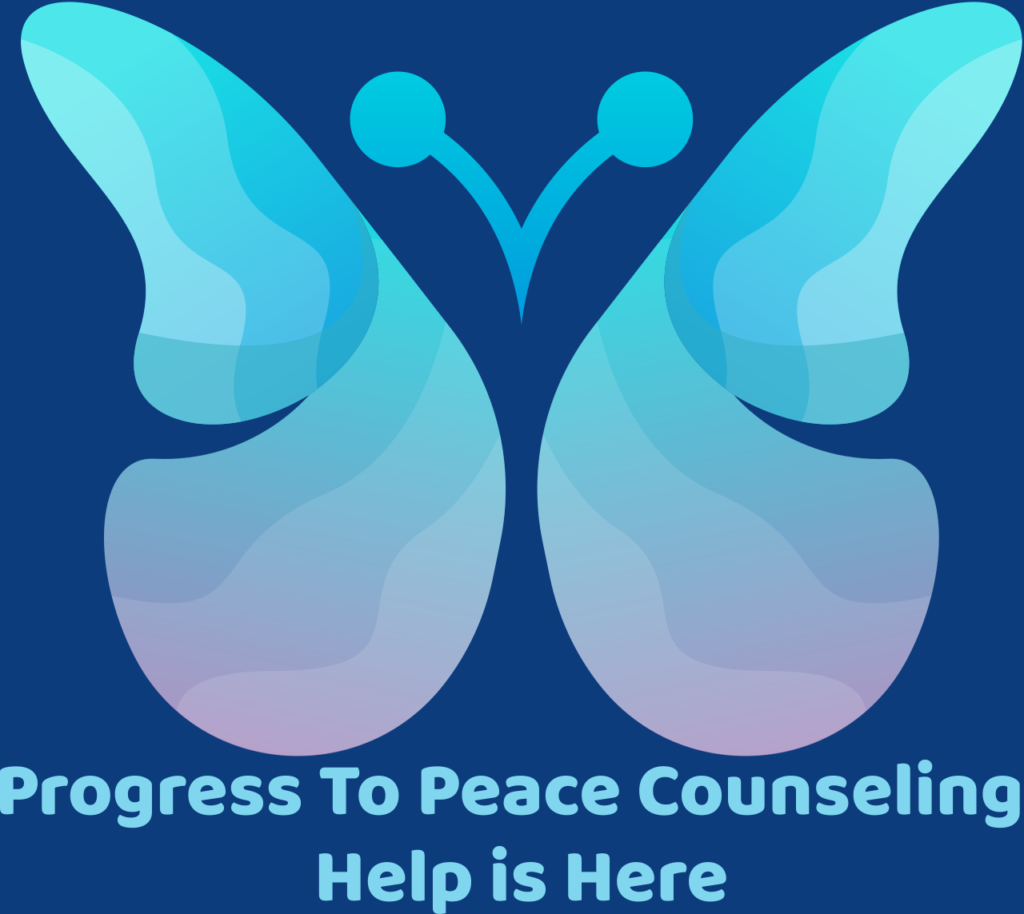Understanding Emotional Safety
Emotional safety is the foundation upon which strong, lasting, and fulfilling relationships are built. It is the sense of being accepted, understood, and valued for who you are, without fear of judgment, criticism, or rejection. When we feel emotionally safe, we can be ourselves fully, express our thoughts and feelings openly, and trust that our vulnerabilities will be met with compassion and understanding.
The Importance of Emotional Safety
Emotional safety is crucial for stronger relationships, improved communication, enhanced well-being, and personal growth. When individuals feel emotionally safe, they are more likely to build deep, trusting connections with others, share their thoughts and feelings openly, and experience reduced stress, anxiety, and isolation. Additionally, emotional safety fosters personal growth by encouraging individuals to take risks and explore new experiences.
Creating an Emotionally Safe Environment
Building emotional safety requires conscious effort and a commitment to creating a nurturing and supportive atmosphere. Strategies to achieve this include active listening, where one truly hears and understands the other person’s perspective, and empathy, which involves demonstrating compassion and understanding towards others’ feelings and experiences. Validation is also essential, as it acknowledges and accepts others’ emotions as legitimate and important. Respecting boundaries is crucial for understanding and honoring personal limits and comfort zones, while open communication encourages honest and transparent dialogue. Trustworthiness, being reliable and consistent in actions and words, and effective conflict resolution, addressing disagreements constructively and respectfully, are also key. Lastly, self-awareness helps in recognizing and managing one’s own emotions and reactions.
Challenges to Emotional Safety
Building and maintaining emotional safety can be challenging due to various factors such as past experiences, communication styles, and personal insecurities. Past relationships or traumas can impact one’s ability to feel safe, while differences in expressing and receiving information can create misunderstandings. Personal insecurities, including feelings of inadequacy or fear of rejection, can also hinder openness. It is important to be patient and understanding, recognizing that building emotional safety is an ongoing process. Each individual brings their unique history and experiences to a relationship, which can influence their perception of safety and trust.
The Role of Self-Care in Emotional Safety
Self-care plays a pivotal role in maintaining emotional safety. When individuals take care of their own emotional needs, they are better equipped to contribute positively to their relationships. Practices such as mindfulness, self-reflection, and stress management can enhance one’s emotional resilience and capacity for empathy.
The Benefits of Seeking Professional Help
If individuals struggle to create or maintain emotional safety in their relationships, seeking professional help can be invaluable. Therapists and counselors provide guidance, tools, and support to navigate challenges and build stronger connections. Professional intervention can help individuals understand and overcome the barriers to emotional safety, fostering healthier and more fulfilling relationships.
Emotional Safety in Different Types of Relationships
Emotional safety is not limited to romantic relationships but is equally important in familial, platonic, and professional relationships. In families, emotional safety creates a nurturing environment where members can express themselves freely, fostering stronger bonds and mutual support. In friendships, it encourages genuine connections and trust, allowing friends to share their lives openly and provide meaningful support to one another. In the workplace, emotional safety contributes to a positive organizational culture, enhancing teamwork, creativity, and productivity by ensuring that employees feel valued and heard.
The Impact of Emotional Safety on Children
Emotional safety is particularly crucial for children, as it lays the groundwork for their emotional development and future relationships. Children who grow up in emotionally safe environments are more likely to develop healthy self-esteem, emotional intelligence, and resilience. They learn to trust others, communicate effectively, and manage their emotions, which are essential skills for their personal and social development.
Conclusion
Emotional safety is the cornerstone of healthy and fulfilling relationships. By prioritizing open communication, empathy, respect, and trust, we can create environments where individuals feel seen, heard, and valued.















